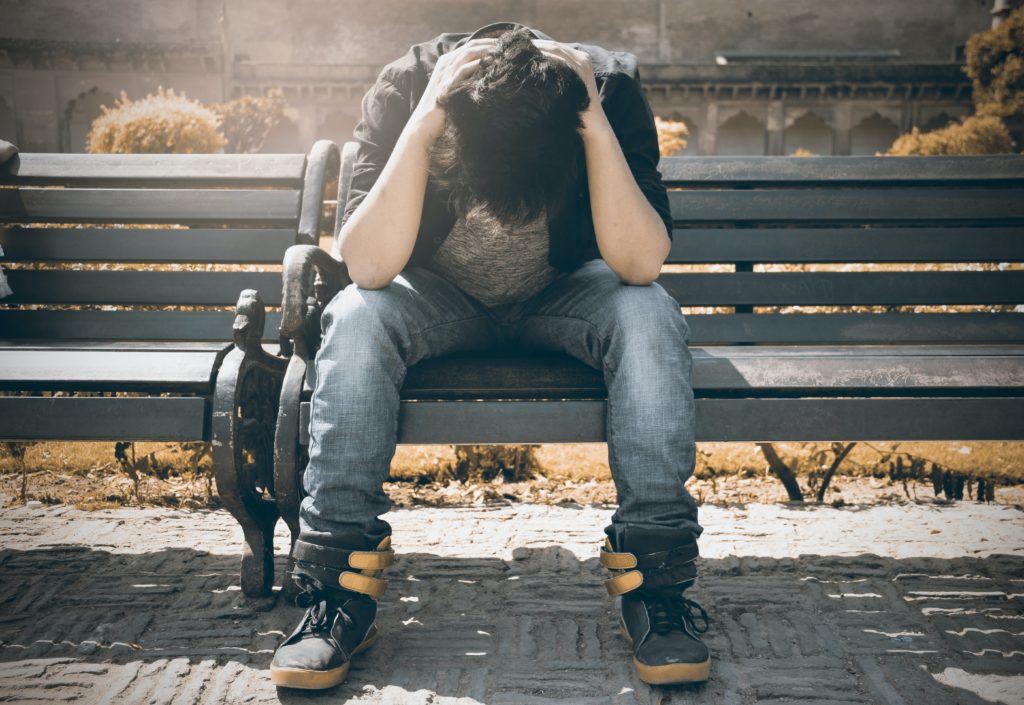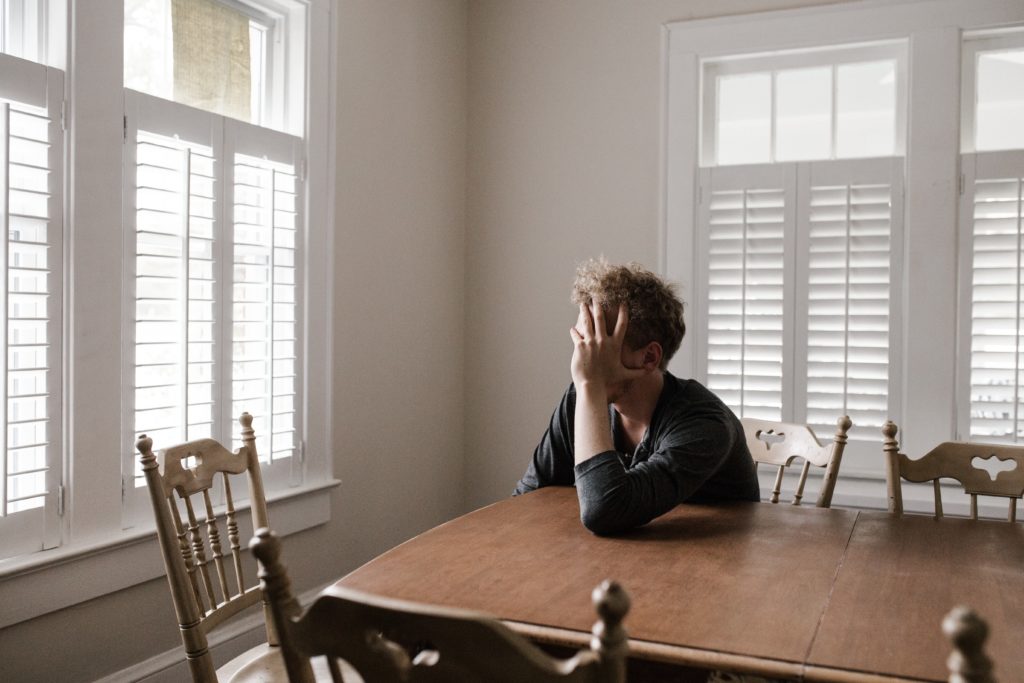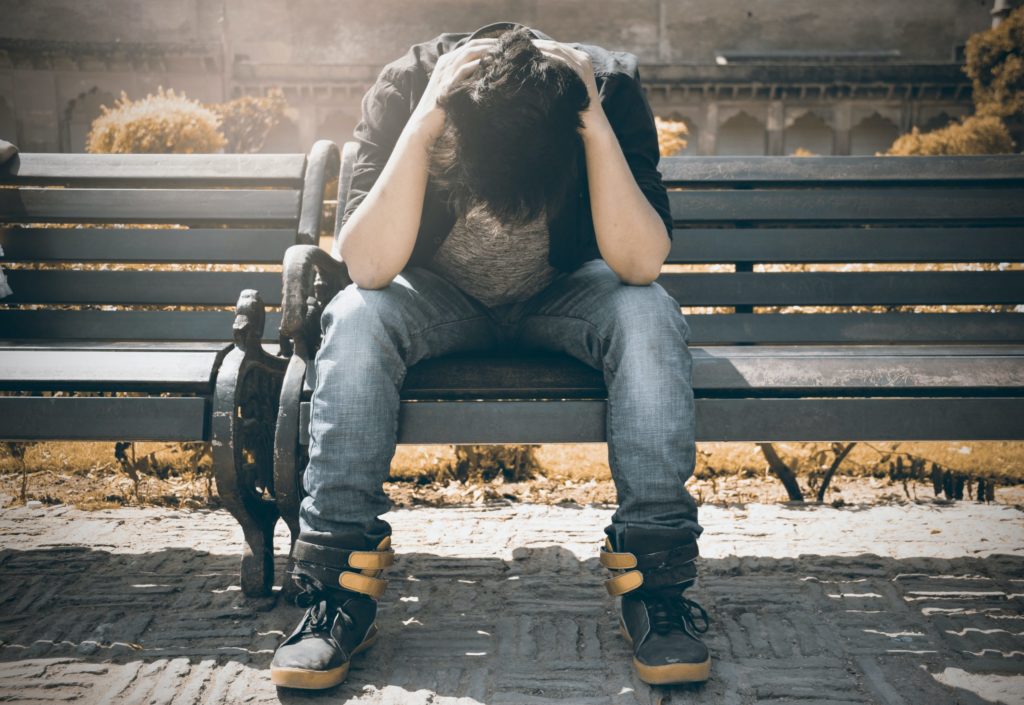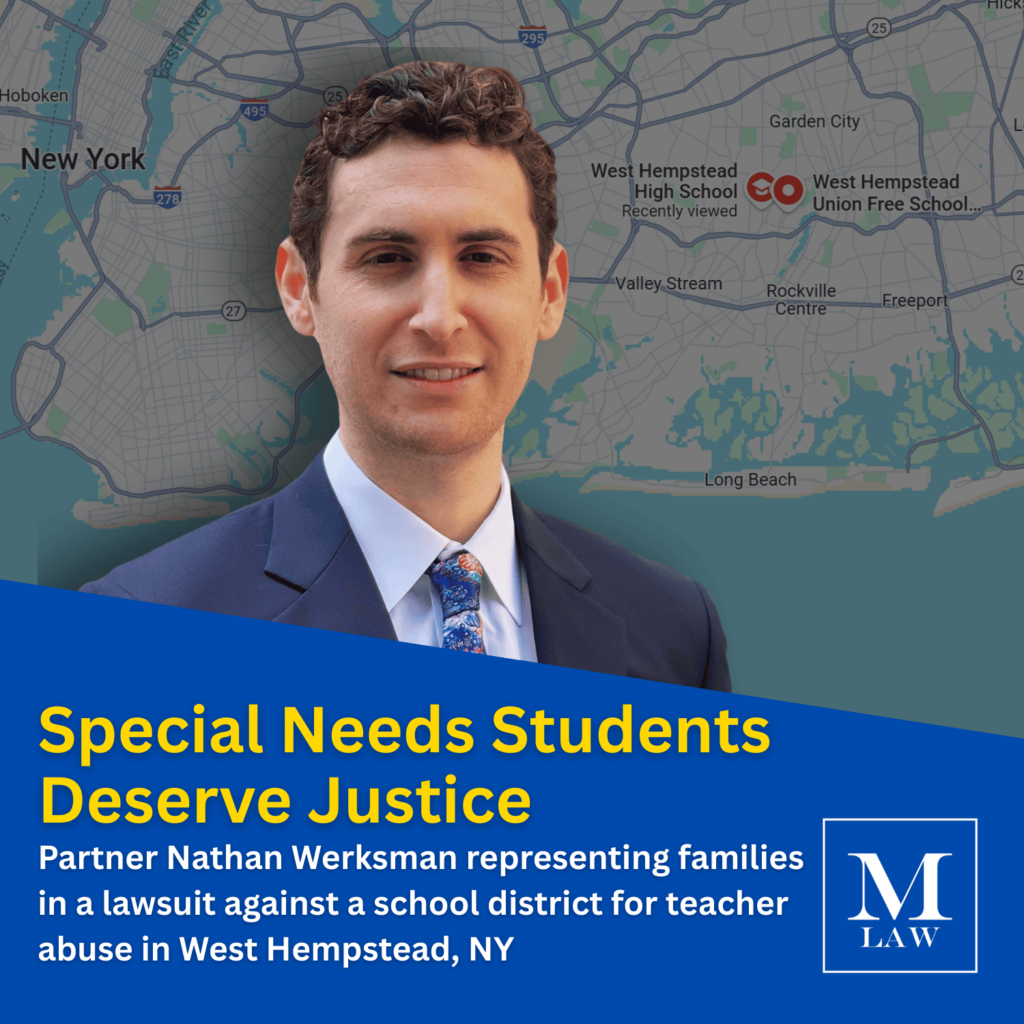
Merson Law PLLC is sharing this article by Lisa Gartner and Barbara Laker, originally published in The Philadephia Inquirer.
It was just after dinner, on a cloudy evening in February, when a 16-year-old boy named Edward decided he couldn’t take it anymore: He left the cafeteria and walked quickly through campus, searching for someone to help him at Devereux Brandywine.
Behind him, Edward’s abuser followed in a van. The boy began to run.
Headquartered 15 miles outside Philadelphia, Devereux Advanced Behavioral Health has specialized in treating children with intellectual disabilities, mental disorders, and trauma for more than a century. Operating 15 residential campuses that serve 5,000 children every year across nine states, Devereux is the nation’s leading nonprofit health organization of its kind.
Its motto: “Unlocking human potential.”
A shy 16-year-old from Clifton Heights, Edward had come to Devereux Brandywine, a campus in Glenmoore, four months earlier. Diagnosed with autism and developmental delays, Edward — his middle name — had spent his childhood in physical and occupational therapy appointments, learning to grip buttons and zippers, to plant his feet on the ground as he walked.
Now the boy darted toward a program supervisor named Shakira Wilson, standing outside a campus dorm in February 2018. Before the van could reach them, Edward went inside with Wilson. He paced her office, wringing his hands.

Wilson would later say she had never seen Edward act like this before. He had a reputation among staff as a good kid and a rule follower. He had even taken on a big-brother role to a younger boy in his unit. “What’s going on?” she asked him.
Like many children with intellectual disabilities, Edward had been taught to count down to calm himself. He braced himself to say aloud what the Devereux staffer had done to him:
“Five, four, three, two, one.”
At least 41 children as young as 12, and with IQs as low as 50, have been raped or sexually assaulted by Devereux staff members in the last 25 years, an Inquirer investigation has found.
Of those, 10 said they were assaulted at Devereux’s three campuses in the Philadelphia suburbs, while the others were abused at facilities in New Jersey, Texas, Florida, Georgia, Connecticut, New York, and Arizona.
Devereux leaders, noting that a sexual assault can happen in almost any care setting, said that in the last two years they have increased safety and reduced risk by adopting a host of safeguards to prevent such abuse and hold staffers accountable.
Yet, between October 2018 and March 2019, three girls at a Devereux campus in Arizona were sexually abused by a male staffer in their bedrooms and the facility’s laundry room, they told police.
In December, at a facility in Texas, a Devereux staffer was charged with allegedly sexually abusing four children, including a 16-year-old girl who said he threatened to have her beaten up, and a 12-year-old who said he molested her several times.
And on that cloudy 2018 evening at Devereux Brandywine, Edward revealed to Wilson that a male staffer had been sexually assaulting him on campus for months. The teenager would later tell law enforcement that he was afraid to speak up, but knew he had to: The man had started abusing Edward’s 14-year-old “little brother” too.

Last year the federal government awarded Devereux a $40.2 million contract to house immigrant children separated from their parents at the border, on Devereux’s claim that it is “uniquely qualified” to detect and prevent sexual assault.
“We have the best management and control protocols in the field, from extensive staff clearances to detailed compliance programs, dedicated to preventing sexual harassment and abuse of children in care,” Devereux told the U.S. Office of Refugee Resettlement in its application for the funds.
Inquirer reporters interviewed scores of former residents, family members, staffers, attorneys, and law enforcement officers about sexual assault at Devereux. They reviewed criminal cases, lawsuits, medical records, incident reports, therapy notes, pay stubs, text messages, and police interviews.
They found that Devereux’s programs had been hunting grounds for predators. Interviews and documents show that, despite bringing in $467 million in annual revenues, Devereux understaffed its campuses and failed to adequately supervise its patients and staff members, who all too often disappeared for hours and slept through shifts.
“Some of the staff would literally come in with sleeping bags, blankets and pillows, and a huge beach chair,” said Eric Heinbach, a staff member at Devereux Brandywine from 2017 through 2019. “Instead of doing night checks, they’d sleep and get paid.”
The overwhelming majority of the roughly 5,000 children housed at Devereux every year will never be abused by staff, many of whom care deeply for their “clients” and have worked hard to help them.
Yet when assaults did happen, Devereux identified risk factors that led to the abuse and identified potential solutions — such as increased training or employment screenings — only to abandon the initiatives for years, reporters found.
As a result, no child was off-limits to staffers who wished to prey on them: Even patients who came to Devereux for treatment of past sexual trauma were assaulted by staff. A 15-year-old girl in a Devereux Florida program designed for sex-trafficking victims said she was raped twice by a staff member in 2017…








